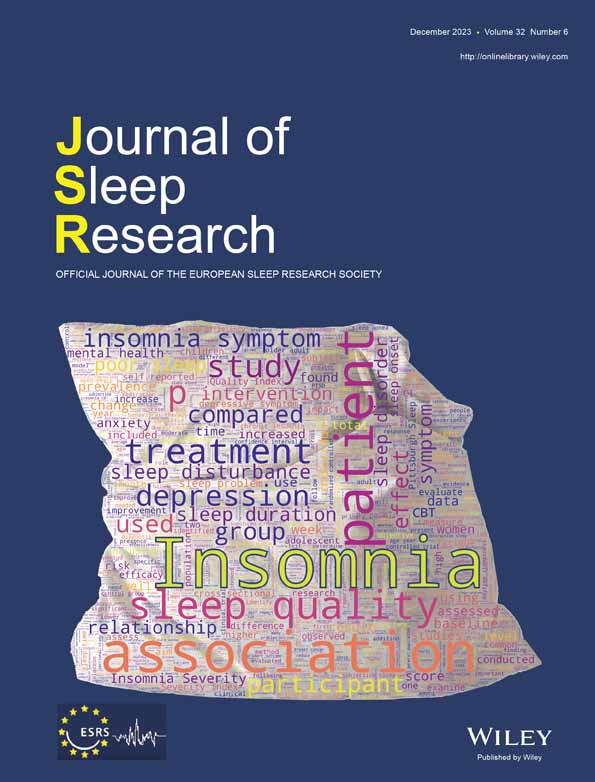
EPAD is pleased to announce the release of a new publication entitled “The European Prevention of Alzheimer’s Dementia (EPAD) Longitudinal Cohort Study: Baseline Data Release V500.0” in the Journal of Prevention of Alzheimer’s disease. This paper describes the baseline data from the first 500 research participants (V500.0) to assist current and future researchers with their analysis. V500.0 has been collected, quality checked, released and is now available via secure online tools. To access the data, you will need to make an online request by following this link at https://alzheimer.noemi.lu/erap where you will find a variety of resources to support your research.
Abstract:
BACKGROUND: The European Prevention of Alzheimer’s Dementia (EPAD) Programme is a pan-European project whose objective is to deliver a platform, adaptive, Phase 2 proof of concept (PoC) trial for the secondary prevention of Alzheimer’s dementia. A component of this platform is the Longitudinal Cohort Study (LCS) which acts as a readiness cohort for the PoC Trial as well as generating data for disease modelling work in the preclinical and prodromal phases of Alzheimer’s dementia.
OBJECTIVES: The first data wave has been collected, quality checked, released and now available for analysis to answer numerous research questions. Here we describe the results from key variables in the EPAD LCS with the objective of using these results to compliment analyses of these data in the future.
DESIGN: EPAD LCS is a cohort study whose primary objective is as a readiness cohort for the EPAD PoC Trial. As such recruitment is not capped at any particular number but will continue to facilitate delivery of the EPAD PoC Trial. Research Participants are seen annually (with an additional 6 month visit in the first year).
SETTING: The EPAD Trial Delivery Network comprises currently 21 centres across Europe.
PARTICIPANTS: Research participants are included if they are over 50 years old and do not have a diagnosis of dementia. Measurements: All research participants undergo multiple assessments to fully characterise the biology of Alzheimer’s disease and relate this to risk factors (both fixed and modifiable) and biomarker expression of disease through brain imaging, fluid samples (CSF, blood, urine and saliva), cognitive performance, functional abilities and neuropsychiatric symptomatology.
RESULTS: V500.0 represents the first 500 research participants baselined into EPAD LCS. The mean age was 66.4 (SD=6.7) and 47.8% were male. The data was split for presentation into 4 groups: [1] CDR=0 and Amyloid + (preclinical AD), [2] CDR=0 and Amyloid –, [3] CDR=0.5 and Amyloid + (prodromal AD) and [4] CDR=0.5 and Amyloid -.
CONCLUSIONS: The EPAD LCS is achieving its primary objective of trial readiness and the structured approach to data release as manifest by this first data release of V500.0 will assist researchers to describe and compare their findings as well as in systematic reviews and meta-analyses. It is anticipated given current recruitment rates that V1500.0 data release will take place in Autumn 2019. V500.1 (when the 1 year follow up is completed on the V500.0 (sub)cohort will be in Autumn 2019 also.
The open access article is available here: https://doi.org/10.14283/jpad.2019.46







